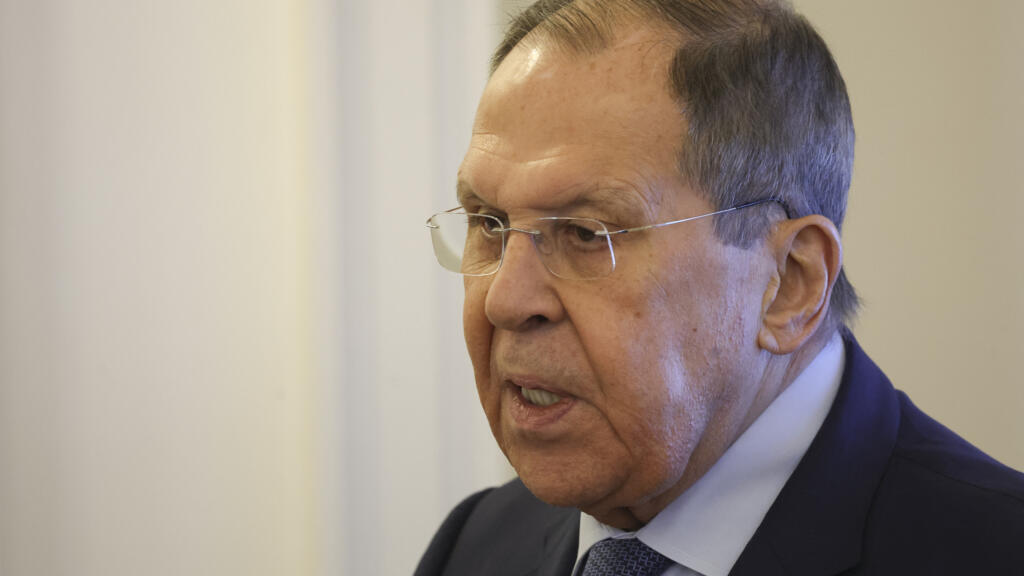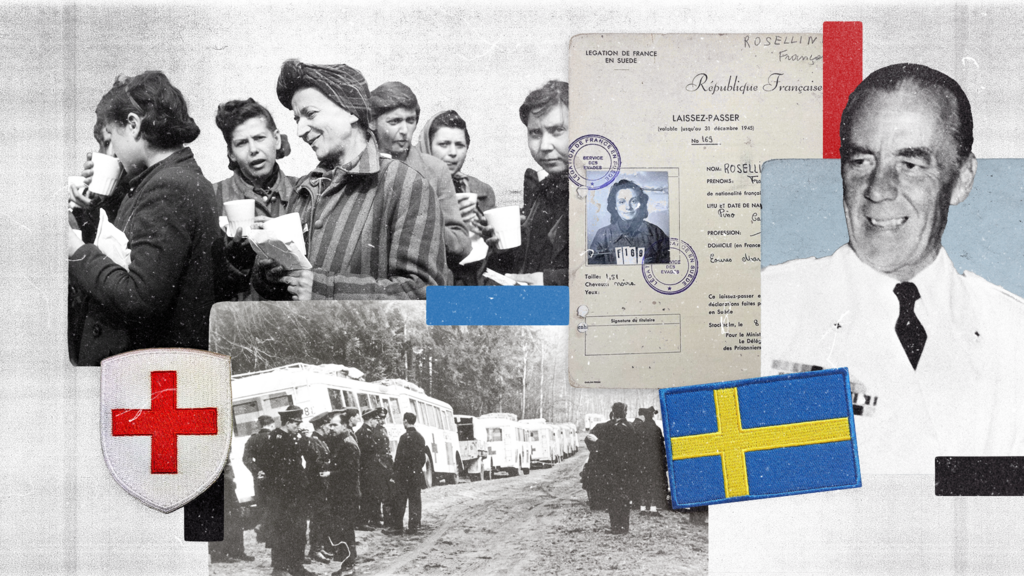Russian Foreign Minister Sergei Lavrov has made significant remarks regarding the ongoing conflict in Ukraine, indicating that Russia is "ready to reach a deal" to resolve the situation. This statement comes amid a complex geopolitical landscape characterized by tensions and conflicting interests between various global players involved in the crisis.
Lavrov's assertion of Russia's readiness to negotiate is noteworthy, as it highlights a potential shift in Moscow's approach to the Ukraine issue. The Foreign Minister remarked that former U.S. President Donald Trump is the "only leader" who can comprehend Russia's demands in this context. This endorsement of Trump points to Lavrov's belief that Trump's unique perspective and understanding of international relations might facilitate progress toward a resolution.
Amid Lavrov's comments, Trump's sentiments regarding the ongoing conflict have become increasingly complicated. The former president has expressed frustration with both the Ukrainian and Russian sides, suggesting a multifaceted conflict that poses challenges for diplomatic efforts. Trump’s historical dealings with Russia and his previous presidency bring a unique dynamic to any potential negotiations, underscoring the complexities involved in achieving a consensus on the path forward.
As the situation in Ukraine continues to evolve, international observers remain vigilant regarding the implications of Lavrov's proposal for negotiations. The ongoing military actions and the humanitarian crisis resulting from the conflict have raised concerns about the urgency of finding a diplomatic solution. Lavrov's comments could signal an opening for dialogue, provided that the involved parties can agree on the terms and conditions necessary to end hostilities.
The backdrop of these statements includes heightened military engagements and the involvement of various international stakeholders, which complicates the landscape for negotiations. Numerous countries have stakes in the outcome, and their interests must be considered for any viable agreement to be reached. The role of the United States, particularly under the influence of figures like Trump, remains critical in shaping the potential for negotiations.
Thus, Lavrov’s call for dialogue raises important questions about future diplomatic efforts and the possibility of reaching a compromise. As geopolitical realities continue to shift, it is crucial for all parties involved to engage in constructive discussions that take into account the needs and security concerns of both Ukraine and Russia. The path to peace will require commitment, understanding, and a willingness to navigate the complexities inherent in international relations.












